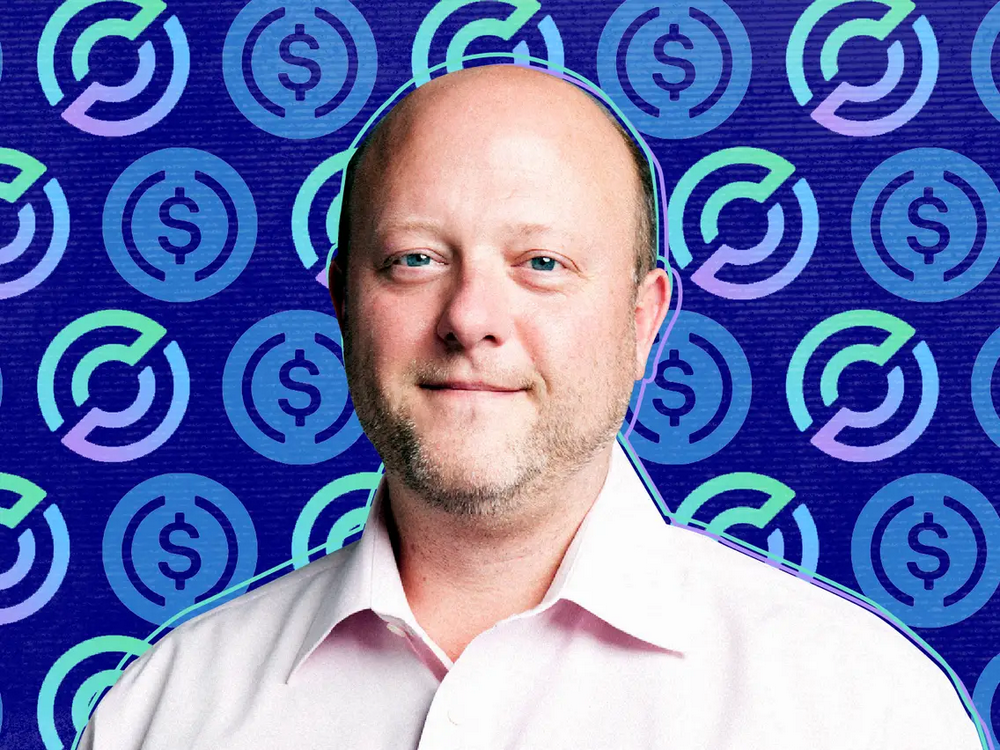The bitcoin demand curve has been “significantly rising”: 2.2 times a year
According to a report by Bitcoinlist on November 12, there is data showing that the overall demand for Bitcoin has been increasing significantly, and the demand in US dollars has increased by 2.2 times per year.

Image source: unsplash
Bitcoin demand may become a self-certification prophecy
The biggest mystery of Bitcoin is whether the halving of block rewards will lead to a sharp rise in prices. Skeptics believe that this possibility may be very small. Twitter user GeertJancap issued a message:
- Babbitt column | Digital currency: a new global currency under asymmetric regulation
- Babbitt column | Three mysterious people in the bitcoin civil war
- EOS blocked the dog because of "airdropping". This solution may solve this problem.
“I added a slightly different approach that might help to understand the dynamics of Bitcoin demand. The model models demand by statistical “flow.” The model shows that since 2011, dollar-denominated demand has been 1.00215 times or about 2.2 times a year."

Image source: Twitter
The Bitcoin network has evolved over the past few years, and people have mixed opinions about their use in the real world. More and more French currency flows into the Bitcoin network for a variety of purposes, including mining revenues, speculative trading, and as a means of payment. The active addresses and transactions of the Bitcoin network have been growing.
What is the expectation of this bitcoin halving?
Whether bitcoin will become more popular and attract new capital inflows remains uncertain. But if the halving rebound really begins to shape like many forecast charts, then a bull market may occur.
The time point for Bitcoin's next block halving may be on May 15, 2020. People's forecasts for bitcoin prices are different. Some people think it will rise to $16,000, and some think it will reach $60,000. Funds that actually flow into the bitcoin market are difficult to determine because there are more inflow channels, but most come in through legal and stable currencies.
It must be pointed out that historically, bitcoin prices have risen sharply after halving the block rewards. Rekt Capital issued a tweet on Twitter:
“Bitcoin tends to rise exponentially after halving. Therefore, from the perspective of pure ROI, the short-term fluctuations in the price of Bitcoin before halving are not important. The important thing is to halve your wallet. It will swell up."
This time, it is not certain whether the demand for Bitcoin will enter the cycle of self-test prophecy, or will not rise for the first time as before. At present, the price of Bitcoin has not yet reached a new high, but many new signs indicate that people's interest and familiarity with Bitcoin is increasing. Senior investor and trader Scott S tweeted:
“More and more institutional investors are curious about the timing of adjustments to the cryptocurrency risk exposure. Bitcoin prices will rise in the year before the halving of the calendar. Now it’s down in May 2020. There is still another seven months for halving bitcoin. Are we in another bull market?"
Bitcoin is likely to have an extraordinary rise, which will allow investors to ignore the risk of zeroing their prices or returning to lower valuations. Some traders and investors are betting on the upcoming possible market: Bitcoin prices may continue to move upwards and rise to new all-time highs.
We will continue to update Blocking; if you have any questions or suggestions, please contact us!
Was this article helpful?
93 out of 132 found this helpful
Related articles
- MakerDAO's MCD: What changes have you brought?
- CCTV video: What can the “blockchain” of the competition layout do?
- Viewpoint | How cryptography provides guarantees for solvency
- Discussion: Will blockchain technology be a fake terminator?
- Jiang Guofei, vice president of Ant Financial Services: Blockchain has fully participated in Tmall Double 11
- Double eleven shopping to send bitcoin, this app did
- The United States is beginning to worry? Billionaire Michael Novogratz says China's digital currency revolution will weaken US financial status






